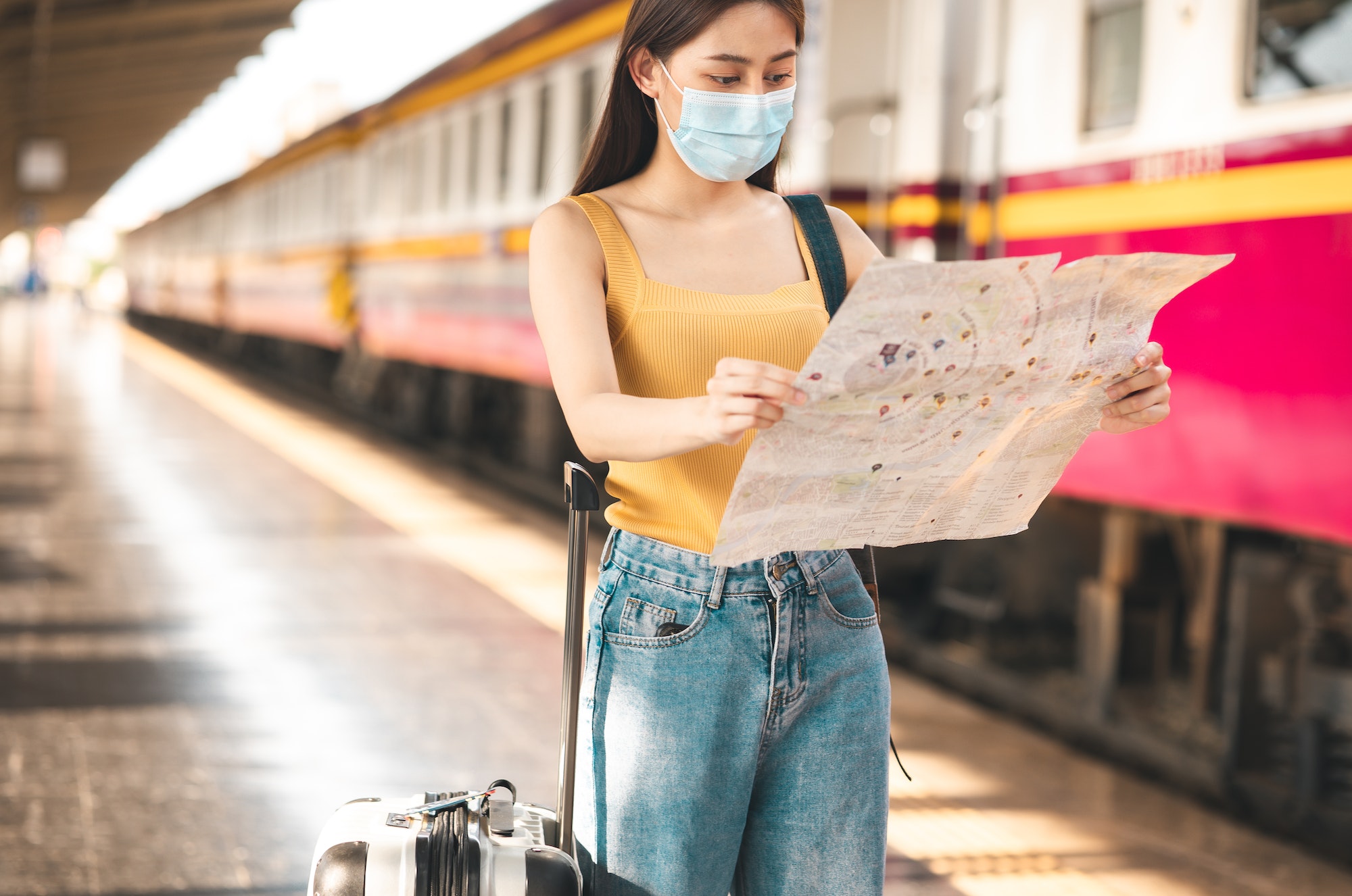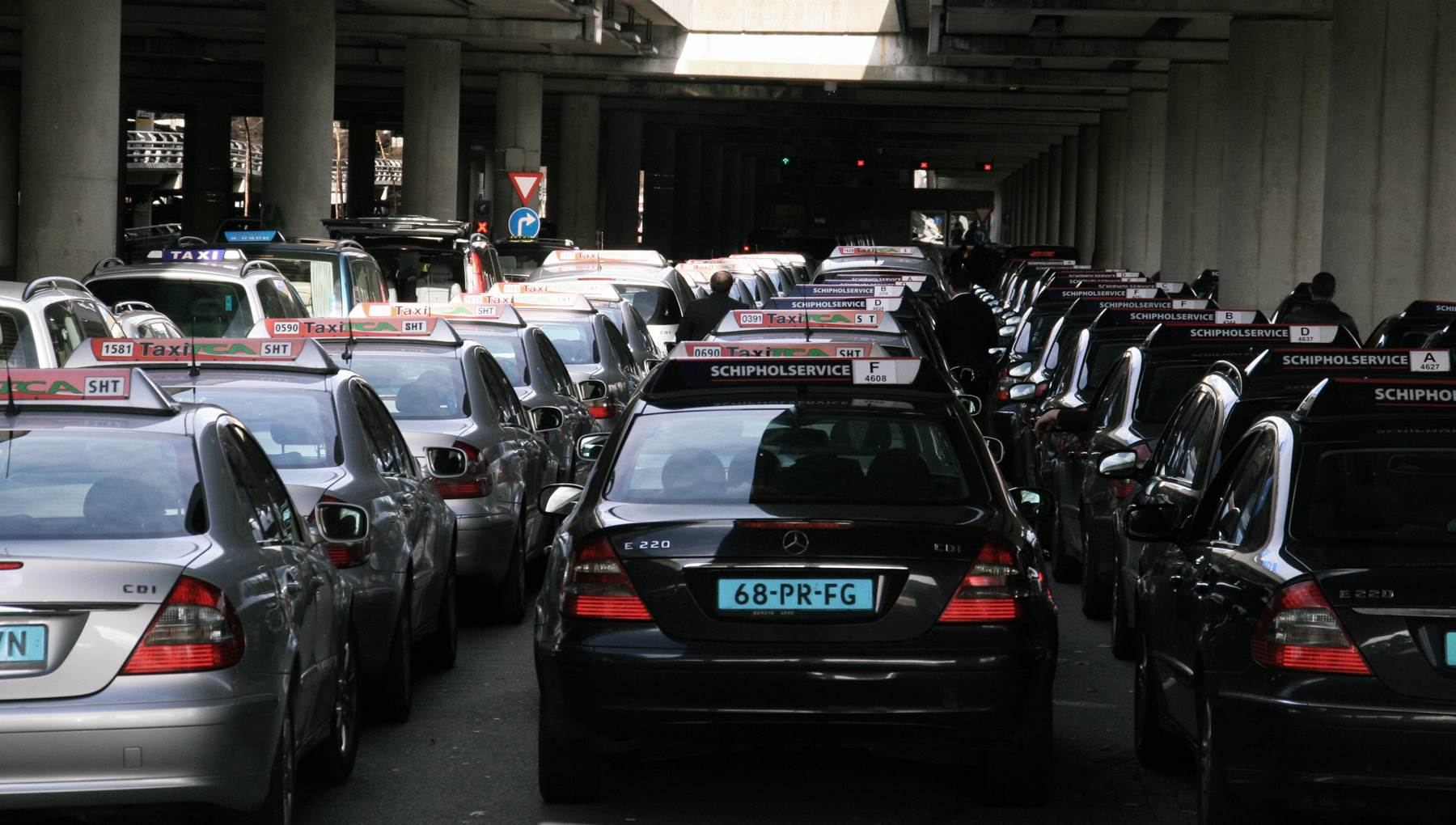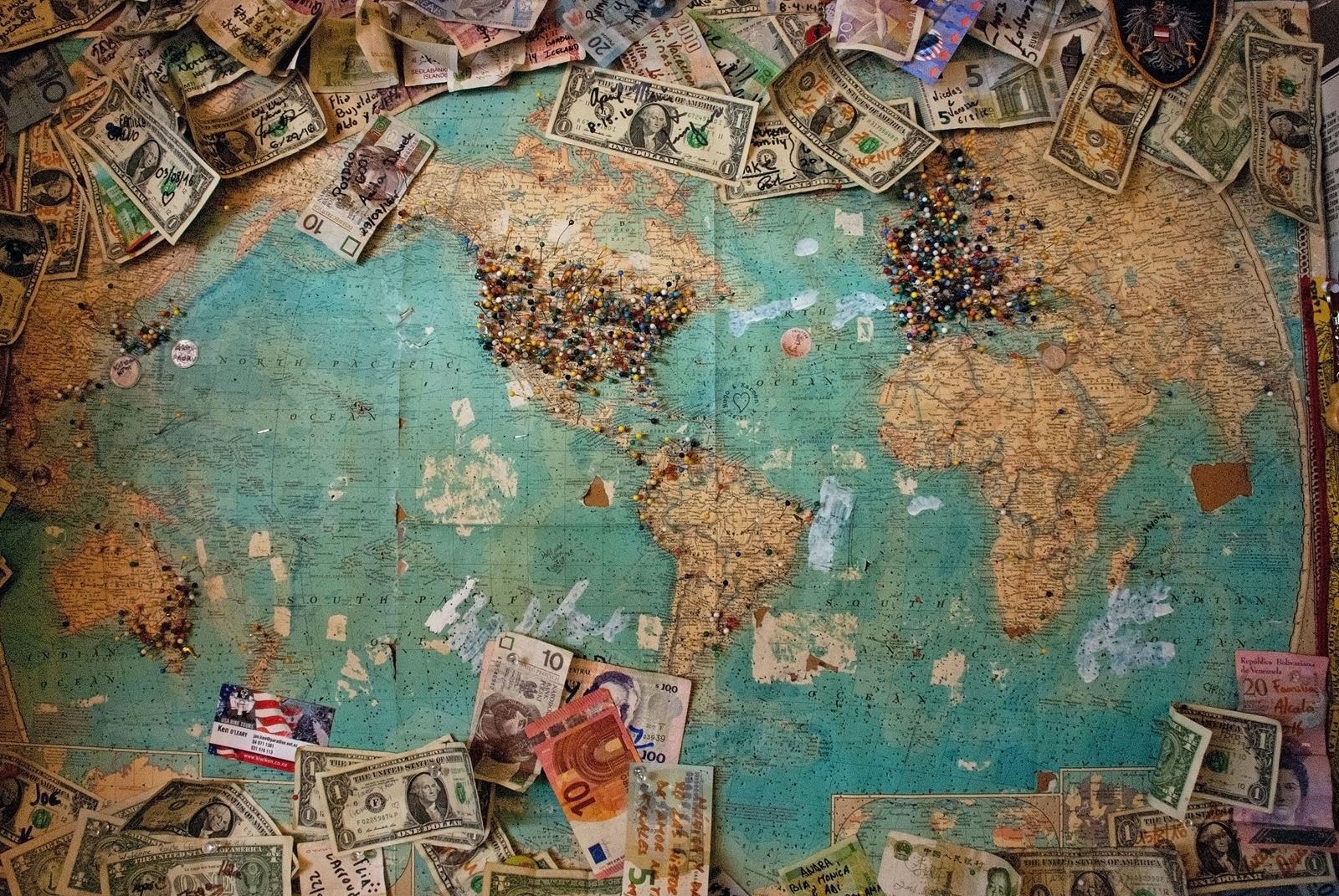Though its actual significance goes far beyond physical displacement, travel is often described only as the act of traveling from one location to another. Travel is, fundamentally, an experience that changes, enlightens, and connects. It lets people confront their presumptions, break away from their habits, and come across points of view other than their own. Travel fosters personal development and introspection whether motivated by need, curiosity, or a quest for meaning. It is about discovery—of people, places, and oneself—not just about locations. Defining what travel really means becomes crucial to appreciate its deeper worth in a time when mobility is simpler than it has ever been. Travel has the power to awaken empathy, stimulate creativity, and strengthen the spirit in ways that linger with us long after we go home—more than just a luxury or getaway.
The Personal Journey of Travel
Travel has a very personal aspect that distinguishes every experience the person is experiencing. For others, it provides time and space to ponder, consider, and get clarity, therefore facilitating self-discovery. On the trip, individuals frequently discover they reconnect with themselves away from the cacophonony of daily responsibilities. Traveling, whether alone or with others, may break the routine of everyday life and foster introspection’s circumstances. Dealing with foreign settings, language difficulties, or unanticipated hurdles usually fosters resilience and self-confidence—qualities that may not completely emerge without pushing oneself outside of comfort.
Moreover, the emotional effect of travel usually last long after the actual trip finishes. It alters perspective, triggers memories, and even shapes next actions. Travel may be a mirror reflecting our ideas, prejudices, and goals in unusual directions. It lets people compare their own selves to the foreign environments and civilizations they come across. Travel therefore becomes a conversation between the inner self and the outside world rather than just a movement over maps.
Cultural Understanding and Human Connection
The capacity of travel to promote real cultural understanding is among its most important features. Travelers expose a range of human experience that textbooks and screens cannot completely portray by visiting locations where several traditions, languages, and social conventions predominate. These in-person meetings help individuals to look beyond the simplistic stories often presented by the media by building empathy and destroying preconceptions. Whether via local food, celebrations, or dialogue, cultural immersion fosters a greater respect of difference and shared humanity.
Traveling creates relationships that could transform your life. Little but significant reminders that compassion and curiosity cut across boundaries include a shared laugh with a stranger, the generosity of a host, or the simple act of being lost and finding aid in a new area. These human events establish the abstract concept of world oneness in practical events. Often returning with not just mementos but also connections spanning countries and tales. In this regard, travel becomes a bridge, reducing perceived distances and thus strengthening the feeling of community that ties us all together.
The Evolution of Purpose in Travel
Travel’s meaning has changed with society, technology, and global access—that is, with time. Travel used to be sometimes confined to commerce, pilgrimage, or conquest. These days, technology fulfills significantly more varied roles—leisure, education, humanitarian work, or digital nomadism. Still, travel reveals a common want to see something different from the usual regardless of its motivation. Though the contemporary tourist could be looking for history, adventure, or health, beneath it all is a universal need for purpose and regeneration.
Travel stands apart from simple tourism in aim. Approaching travel with awareness and openness turns it from a consuming act into an engagement one. Travel with intention helps one to engage with location and people more slowly and deliberately. Whether one is going to volunteer overseas, study abroad, a foreign institution, or just a retreat into nature, the objective is usually more enrichment than fun. This changing goal makes travel a meaningful and sometimes transforming activity with benefits beyond what might be photographed.
Environmental and Ethical Considerations
The meaning of travel has evolved in recent years to become entwined with rising awareness of its ethical and environmental consequences. People’s increasing frequency of travel across greater distances begs issues regarding the viability of our wanderlust. Many people have reevaluated their travel choices in response to the carbon footprint of air travel, damage to nearby ecosystems, and dangers of overtourism. Conscious travel invites people to balance their pleasure against the long-term consequences on environment and society.
Responsible tourists are looking for methods to reduce damage and help the areas they visit flourish. This can involve selecting environmentally friendly lodging, patronizing nearby companies, or honoring cultural customs. Ethical travel entails responsibility and respect for the earth as well as for people, therefore beyond mere intentions. Travelers who match their behavior with more general ideals might reinvent what it means to see the planet in a manner that respects its beauty and fragility. Travel therefore becomes not just a pleasure but also a duty requiring careful decisions.
Travel as a Source of Creativity and Inspiration
Travel provides a change of environment that stimulates the imagination, thereby acting as a creative catalyst. Travel has always been a well-used inspiration for writers, artists, and inventors all over. New surroundings challenge ideas, excite the senses, and provide new storylines enhancing creative expression. Travel presents contrasts that stimulate creative inquiry and narrative, whether via the hues of a Moroccan market or the quiet of a Himalayan town.
Not only are professional artists creative sparks. Regular travellers find themselves collecting events that speak to them beyond appearances by means of notebooks, pictures, or discussions. Travel’s emotional depth and sensory richness help people to come home with fresh thoughts and viewpoint. This creative energy shows that the effect of travel is not just exterior but also profoundly inside as it may affect anything from job decisions to personal pursuits. It fuels a more creative and linked perspective by extending mental landscapes as much as physical ones.
Conclusion
Defining the meaning of travel calls for seeing the wider consequences it has on people and society rather than just logistics and destinations. In its best form, travel invites one to investigate the self as much as the planet. Through lived experience, it creates empathy, bridges between civilizations, and changes viewpoint. Travel still offers a luxury as well as a stage for development, creativity, and connection as it changes with new global reality. Travel has importance in that it may move people—in spirit, ideas, and knowledge. It exhorts us to be more aware, inquisitive, and sympathetic people living on our planet. Every trip offers the possibility for change, hence travel is not only a means of mobility but also a significant road towards a more introspective and linked existence.



